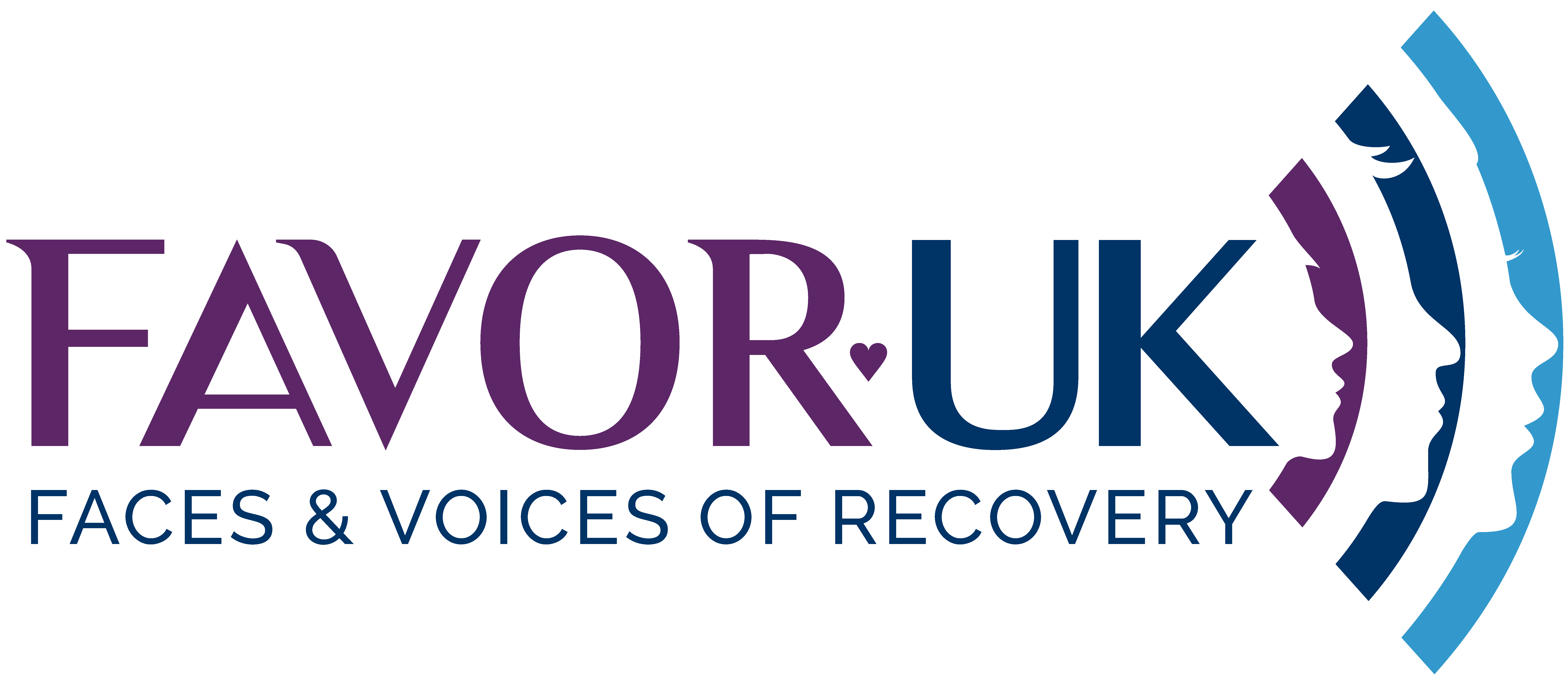Drugs Legalisation & Decriminalisation: Over 200 NGOs Funded by One Man
Research by Deirdre Boyd 2016 , Updated July 2024 by Annemarie Ward
From 19-21 April 2016, the United Nations held a General Assembly Special Session on the world drug problem and policy, marking a pivotal event influenced by a heavily financed global pro-cannabis, pro-legalisation movement. A significant portion of the funding for this movement has come from George Soros, who has invested millions of dollars to promote drug legalisation initiatives worldwide (Boyd, 2016; Ward, 2024).
According to recent reports, Soros’s Open Society Foundations (OSF) has continued to allocate substantial funds to pro-legalisation groups. Between 2016 and 2020, the Drug Policy Alliance and its advocacy arm, Drug Policy Action, received at least $2.8 million from OSF, contributing to the passage of marijuana-friendly laws in various states, including New York, Oregon, and California (Washington Examiner 2023; 420 Intel 2023).
In New York, the Drug Policy Alliance played a crucial role in the successful push for the legalisation of recreational marijuana in 2021. However, the implementation of this law has faced criticism for leading to an increase in illegal cannabis stores and associated criminal activities (Washington Examiner 2023). Similarly, in Oregon, the passage of Measure 110 in 2020, which decriminalised hard drugs, has been linked to a rise in substance use disorders and inadequate addiction treatment services (420 Intel 2023).
Soros’s influence extends beyond the United States. As you will see from Deirdre Boyds orgional research there are many org in the UK also funded by his foundation. In recent times, Transform got $100,000 from Soros’ OSF in 2020, $200,000 in 2021 and similar sums in other years. Many charities would consider these large grants driving their work. His support for drug policy reform has also impacted international perspectives, with advocacy efforts contributing to changing attitudes towards drug decriminalisation and regulation in multiple countries (AC Democracy 2023).
Despite the substantial financial backing and media campaigns, the pro-legalisation movement faced significant opposition during the UNGASS session. Countries like Iran, Singapore, Indonesia, and Russia voiced strong resistance to the softening of drug laws, emphasising the need for strict control measures to combat drug trafficking and addiction. The final UNGASS outcome reaffirmed the global drug control framework, prioritising the health and welfare of humanity over liberalisation efforts (Boyd, 2016).
Vancouver’s Crisis bringing it up to date.
Journalists Sarah Green and Simon Townsley highlight the dire consequences of overly liberal drug laws in Vancouver. Their article, “How Decriminalisation Made Vancouver the Fentanyl Capital of the World,” describes the city’s severe opioid crisis, exacerbated by the decriminalisation of certain drugs. Vancouver’s Downtown Eastside has become a hub of rampant drug use, with fentanyl being particularly prevalent, leading to an opioid crisis worse than that in the United States (Washington Examiner 2023; 420 Intel 2023; AC Democracy 2023).
Vancouver’s decriminalisation policy, initially aimed at reducing harm, has resulted in increased public drug use, criminal activity, and overdose deaths. In 2023, British Columbia recorded 2,511 drug-related overdoses, with fentanyl responsible for 87% of these deaths. The mortality rate in Vancouver’s Downtown Eastside is nearly 30 times higher than the national average (Washington Examiner 2023; 420 Intel 2023; AC Democracy 2023).
Horrendous Effects of Decriminalisation in Oregon and San Francisco
Similar adverse outcomes have been observed in Oregon and San Francisco. Oregon’s Measure 110, which decriminalised small amounts of hard drugs, has led to skyrocketing overdose rates and inadequate addiction treatment services. Reports indicate that public drug use has surged, with visible drug consumption in parks, streets, and public spaces becoming commonplace (420 Intel 2023). The lack of comprehensive treatment infrastructure has exacerbated the crisis, leading to increased deaths and community disruption (OPB 2023a; OPB 2023b; OPB 2023c; OPB 2023d).
In San Francisco, decriminalisation efforts have similarly backfired. The city has witnessed a dramatic rise in drug use and related fatalities. Public health officials have struggled to keep up with the demand for addiction services, and the city’s streets are plagued with open drug use and its associated social issues (420 Intel 2023; AC Democracy 2023).
Disastrous Effects of Soros Funding
The significant funding from George Soros’s Open Society Foundations (OSF) to promote drug legalisation has had disastrous effects, directly contributing to the continued drug death and overdose crisis. The substantial financial support provided to various pro-legalisation groups has facilitated the implementation of policies like Oregon’s Measure 110, which decriminalised small amounts of hard drugs. This policy shift has led to a sharp increase in overdose rates and visible public drug use, exacerbating community disruption and overwhelming the existing treatment infrastructure. In San Francisco, similar decriminalisation efforts have resulted in a dramatic rise in drug use and fatalities, with public health officials struggling to meet the growing demand for addiction services. These outcomes highlight the critical need for balanced drug policies that prioritise both public health and safety, as the current approach, heavily influenced by Soros’s funding, has failed to mitigate the severe consequences of drug abuse and has instead amplified the crisis (OPB2023a; OPB 2023b; OPB 2023c; OPB 2023d).
A FAVOR UK Perspective: Emphasising Access and Choice of Treatment
From the perspective of Faces and Voices of Recovery UK (FAVOR UK), it is crucial to emphasise the importance of access and choice in addiction treatment. As drug policy continues to evolve, ensuring that individuals have a wide range of treatment options is essential for effective recovery. This includes access to evidence-based interventions, harm reduction strategies, and comprehensive support services that cater to diverse needs. It is essential that we invest in series that know how to treat and offer freedom from dependency.
FAVOR UK advocates for a holistic approach to addiction treatment, one that integrates medical, psychological, and social support to address the root causes of addiction and promote long-term recovery. The debate around drug legalisation should not overshadow the urgent need for robust treatment infrastructures and accessible care for those struggling with addiction.
By prioritising access to treatment and a variety of recovery pathways, policymakers can better support individuals in overcoming addiction and achieving sustainable recovery. This approach aligns with the broader goals of public health and welfare, ensuring that all individuals have the opportunity to reclaim their lives and contribute positively to society.
For more details, you can visit the original article here.
References:
Boyd, D., 2016. Drugs Legalisation: Over 200 NGOs Funded by One Man. Updated July 2024 by Annemarie Ward. Available at: https://www.dbrecoveryresources.com/drugs-legalisation-over-200-ngos-funded-by-one-man/
Washington Examiner, 2023. Available at: www.washingtonexaminer.com
420 Intel, 2023. Available at: www.420intel.com
AC Democracy, 2023. Available at: www.acdemocracy.org
OPB, 2023a. Measure 110 forced Oregon to build a new drug addiction services model. Here’s how that’s going.Available at: https://www.opb.org/article/2023/05/05/oregon-measure-110-drug-addiction-services/
OPB, 2023b. Study says drug decriminalization in Oregon did not cause more overdose deaths. Available at: https://www.opb.org/article/2023/05/04/oregon-measure-110-overdose-study/
OPB, 2023c. Oregon cities, counties say Measure 110 blew a hole in their budgets. Available at: https://www.opb.org/article/2023/05/04/oregon-measure-110-budget-impact/
OPB, 2023d. Marion County joins growing list calling for Measure 110 repeal. Available at: [https://www.opb.org/article/2023/05/19/marion-county-me
For more details, you can visit the original article here by Deirdre Boyd

